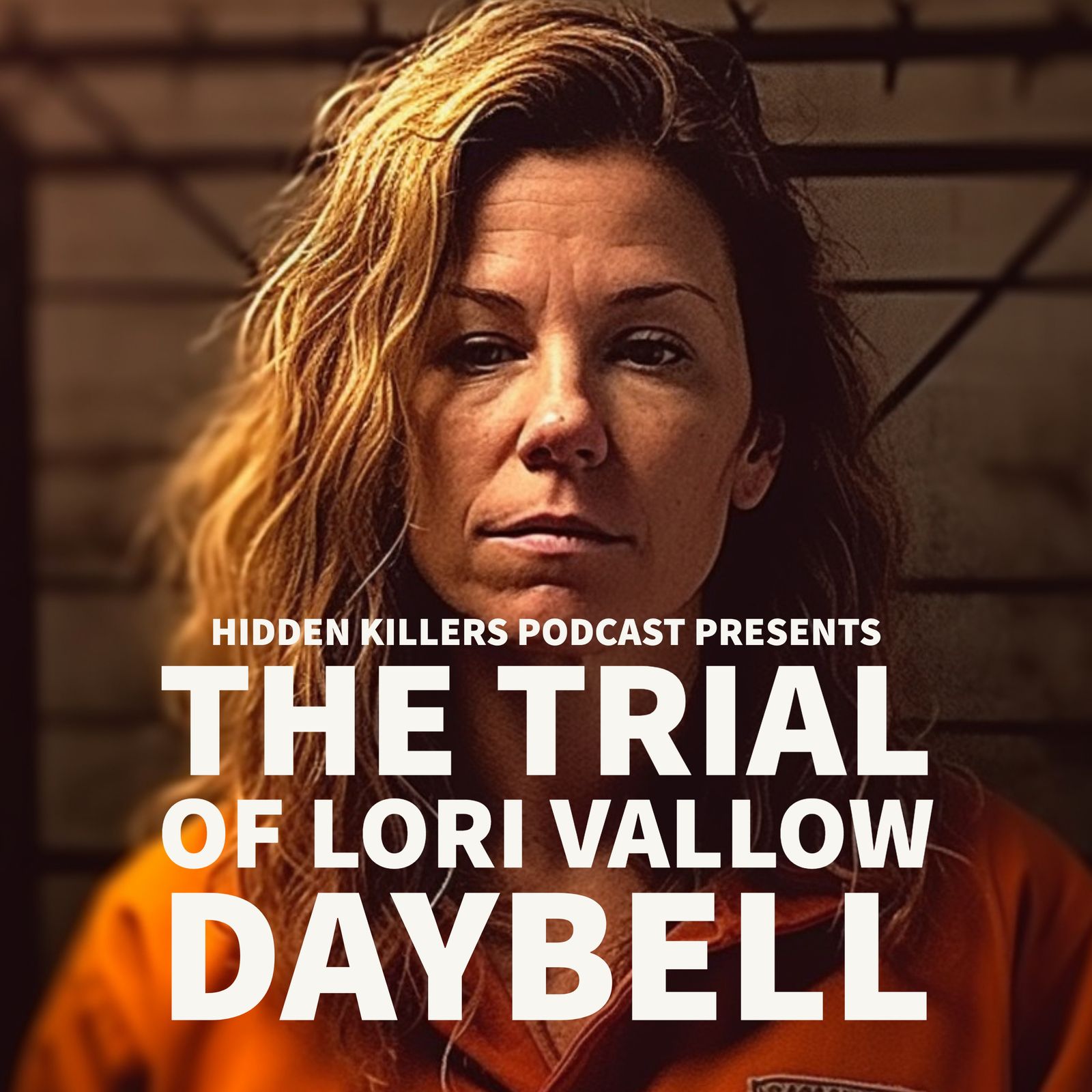The Damning Delusional Religious Doctrine of The Daybells

Forensic psychologist Kate Wallinga joined Tony Brueski on the “Hidden Killers” podcast to discuss the upcoming sentencing of Lori Vallow Daybell, a woman found guilty of crimes against her children. They tackled the intersection of religion, law, and mental health and questioned whether Vallow Daybell’s religious beliefs, which seemed to influence her actions, would be considered during her sentencing.
Wallinga explains that under usual circumstances, strong religious beliefs should incline one towards good rather than evil. However, in Vallow Daybell’s case, she believes this approach might make matters worse. Wallinga states, “If you’re coming from a platform of having these serious religious beliefs, theoretically, that should make you less likely to do things like kill children.”
Despite the gruesome nature of Vallow Daybell’s actions, Wallinga remains skeptical about the effectiveness of a lengthy prison sentence. She expresses her concerns about the U.S. prison industrial complex, currently the largest provider of mental health services in the country. She notes that people often halt neurodevelopment once they are incarcerated, resulting in a persistent survival mode. Upon release, these individuals may have aged chronologically, but their development as a person often remains stagnant, mirroring their state of mind when first entering prison.
This reality presents an ethical conundrum when considering how society should deal with people like Vallow Daybell. Wallinga believes that while such individuals should not be released back into the community due to the danger they pose, the current system does little to address the core issues at hand. She suggests a shift from a punitive system to a correctional rehabilitative one. She states, “We’ve proven that we cannot punish the bad behavior out of people. So there’s gotta be another approach and instead, we just keep building more prisons.”
The conversation takes a turn toward the influence of religious beliefs on parenting and the welfare of children. Brueski questions whether this case should trigger stricter regulations on how religious beliefs can influence parenting. Wallinga agrees that while everyone has the right to worship in their own way, there should be limits to how children are treated under the umbrella of religious beliefs. She concludes, “Children fall in a protective class, so there is no excuse, religion, mental illness, substance abuse. There’s no excuse for a child to exist in a harmful environment.”
As the discussion wraps up, Wallinga and Brueski agree on the necessity for change in how society and the legal system address cases like Vallow Daybell’s. They recognize the complex intersection of religious freedom, mental health, and the safety and well-being of children, concluding that while change is necessary, its implementation remains uncertain.
Want to listen to ALL of our podcasts AD-FREE? Subscribe through APPLE PODCASTS, and try it for three days free: https://tinyurl.com/ycw626tj
Wallinga explains that under usual circumstances, strong religious beliefs should incline one towards good rather than evil. However, in Vallow Daybell’s case, she believes this approach might make matters worse. Wallinga states, “If you’re coming from a platform of having these serious religious beliefs, theoretically, that should make you less likely to do things like kill children.”
Despite the gruesome nature of Vallow Daybell’s actions, Wallinga remains skeptical about the effectiveness of a lengthy prison sentence. She expresses her concerns about the U.S. prison industrial complex, currently the largest provider of mental health services in the country. She notes that people often halt neurodevelopment once they are incarcerated, resulting in a persistent survival mode. Upon release, these individuals may have aged chronologically, but their development as a person often remains stagnant, mirroring their state of mind when first entering prison.
This reality presents an ethical conundrum when considering how society should deal with people like Vallow Daybell. Wallinga believes that while such individuals should not be released back into the community due to the danger they pose, the current system does little to address the core issues at hand. She suggests a shift from a punitive system to a correctional rehabilitative one. She states, “We’ve proven that we cannot punish the bad behavior out of people. So there’s gotta be another approach and instead, we just keep building more prisons.”
The conversation takes a turn toward the influence of religious beliefs on parenting and the welfare of children. Brueski questions whether this case should trigger stricter regulations on how religious beliefs can influence parenting. Wallinga agrees that while everyone has the right to worship in their own way, there should be limits to how children are treated under the umbrella of religious beliefs. She concludes, “Children fall in a protective class, so there is no excuse, religion, mental illness, substance abuse. There’s no excuse for a child to exist in a harmful environment.”
As the discussion wraps up, Wallinga and Brueski agree on the necessity for change in how society and the legal system address cases like Vallow Daybell’s. They recognize the complex intersection of religious freedom, mental health, and the safety and well-being of children, concluding that while change is necessary, its implementation remains uncertain.
Want to listen to ALL of our podcasts AD-FREE? Subscribe through APPLE PODCASTS, and try it for three days free: https://tinyurl.com/ycw626tj
More On This Case: https://www.truecrimetodaypod.com/category/taylor-schabusiness-trial/
Follow Our Other Cases: https://www.truecrimetodaypod.com
The latest on Catching the Long Island Serial Killer, Chad & Lori Daybell, The Murder of Ana Walshe, Alex Murdaugh, Bryan Kohberger, Lucy Letby, Kouri Richins, Justice for Harmony Montgomery, The Murder of Stephen Smith, The Murder of Madeline Kingsbury, and much more! Listen at https://www.truecrimetodaypod.com
Follow Our Other Cases: https://www.truecrimetodaypod.com
The latest on Catching the Long Island Serial Killer, Chad & Lori Daybell, The Murder of Ana Walshe, Alex Murdaugh, Bryan Kohberger, Lucy Letby, Kouri Richins, Justice for Harmony Montgomery, The Murder of Stephen Smith, The Murder of Madeline Kingsbury, and much more! Listen at https://www.truecrimetodaypod.com


